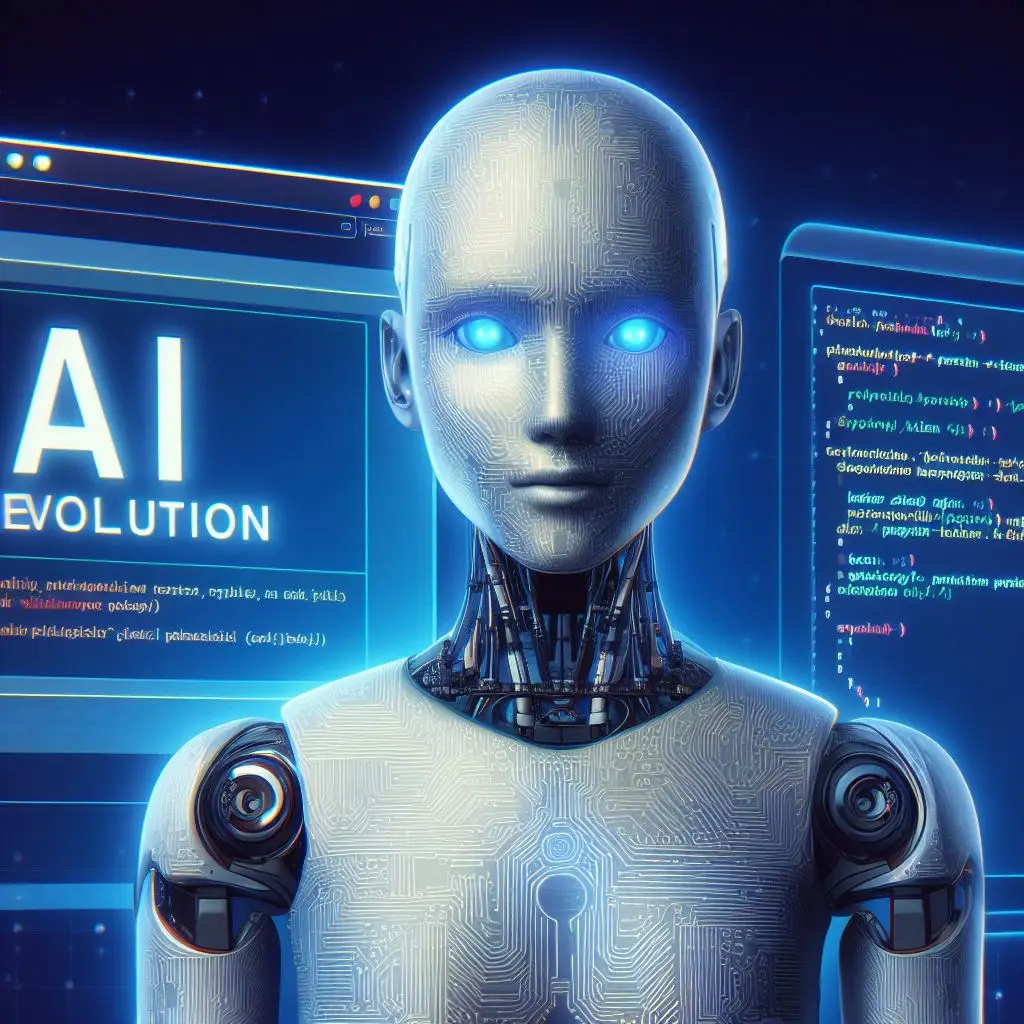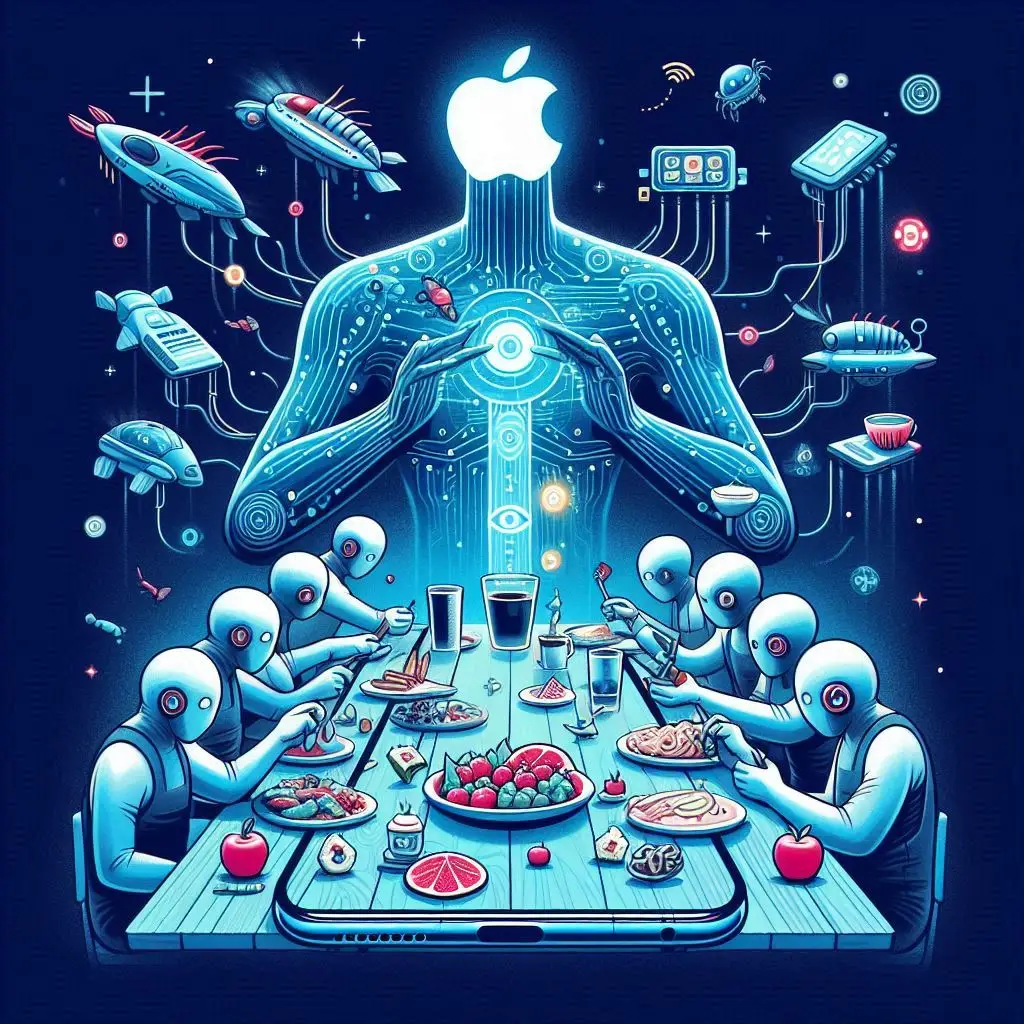Andrew Ng, a professor at Stanford University and one of the founders of Google Brain, has criticized the big tech companies for spreading fear and misinformation about artificial intelligence (AI) and its potential impact on humanity. He said that the companies are using the “bad idea that AI will cause human extinction” to distract from the real issues of AI ethics and social responsibility
Ng, who is also the co-founder of Coursera and the former chief scientist of Baidu, spoke at the Australian Financial Review Technology Summit in Sydney on Wednesday. He said that he was “very frustrated” by the way some of the tech leaders, such as Elon Musk and Mark Zuckerberg, have portrayed AI as an existential threat to humanity. He argued that such claims are based on “science fiction” and “Hollywood movies”, and not on scientific evidence or realistic scenarios
He said that the current state of AI is far from achieving artificial general intelligence (AGI), which is the ability to perform any intellectual task that a human can do. He said that most of the AI applications today are based on narrow AI, which is the ability to perform specific tasks, such as image recognition, natural language processing, or self-driving cars. He said that narrow AI is already creating tremendous value for society, but also poses significant challenges, such as data privacy, algorithmic bias, and job displacement
He said that these are the real issues that need to be addressed by the tech industry and the policymakers, rather than worrying about hypothetical scenarios of AI taking over the world or killing humans. He said that such scenarios are not only unrealistic, but also harmful, as they create unnecessary fear and confusion among the public and the regulators. He said that the tech companies should be more transparent and accountable for their AI products and services, and ensure that they are aligned with human values and social good
He concluded his speech by saying that he believed that AI is “the new electricity” that will transform every industry and every aspect of society. He said that he was excited to see how AI will shape the future of humanity, and urged everyone to embrace it with curiosity and responsibility









Add a Comment: